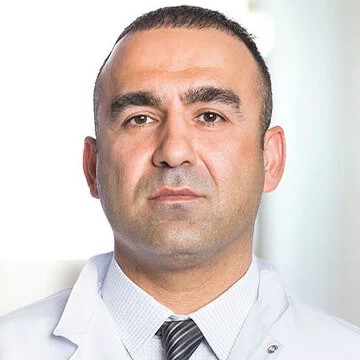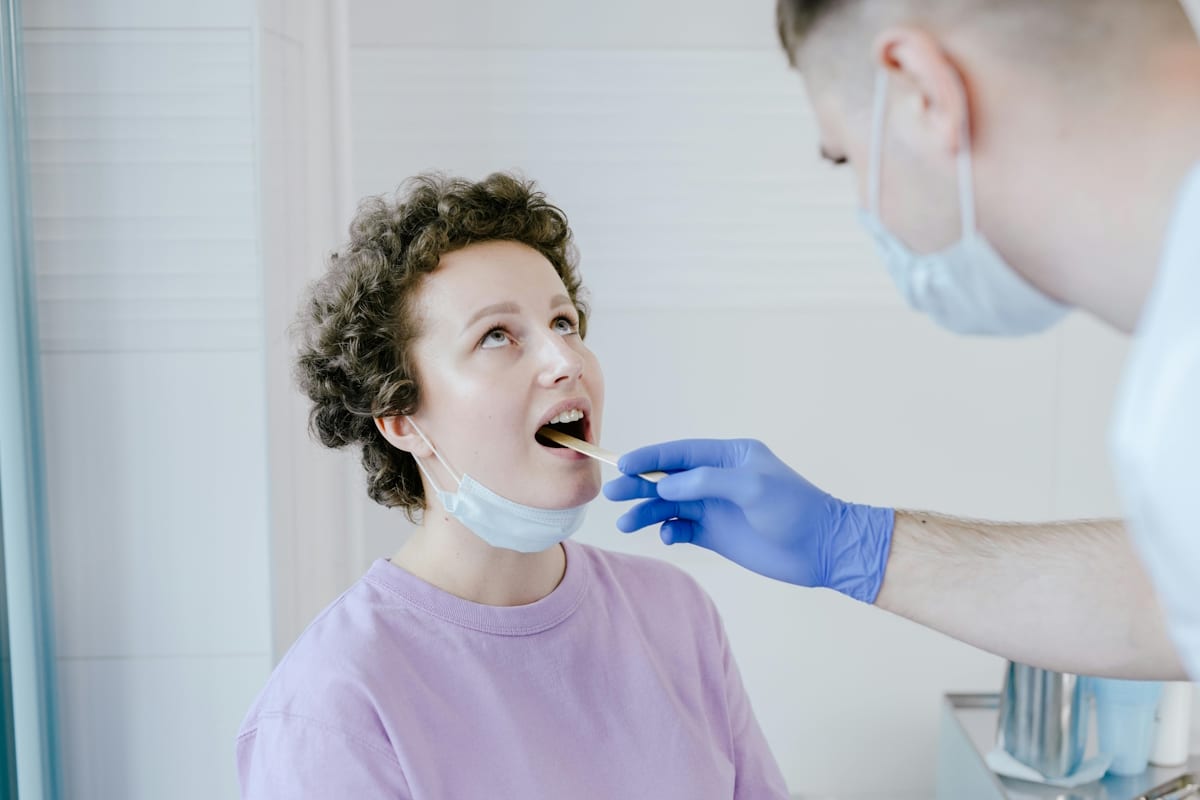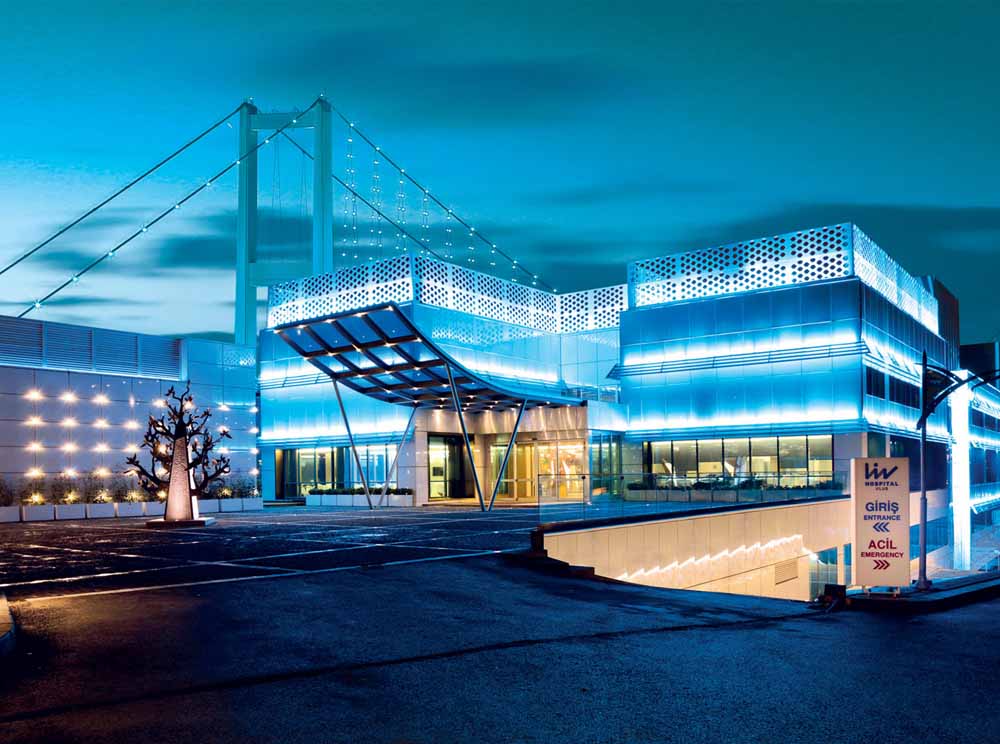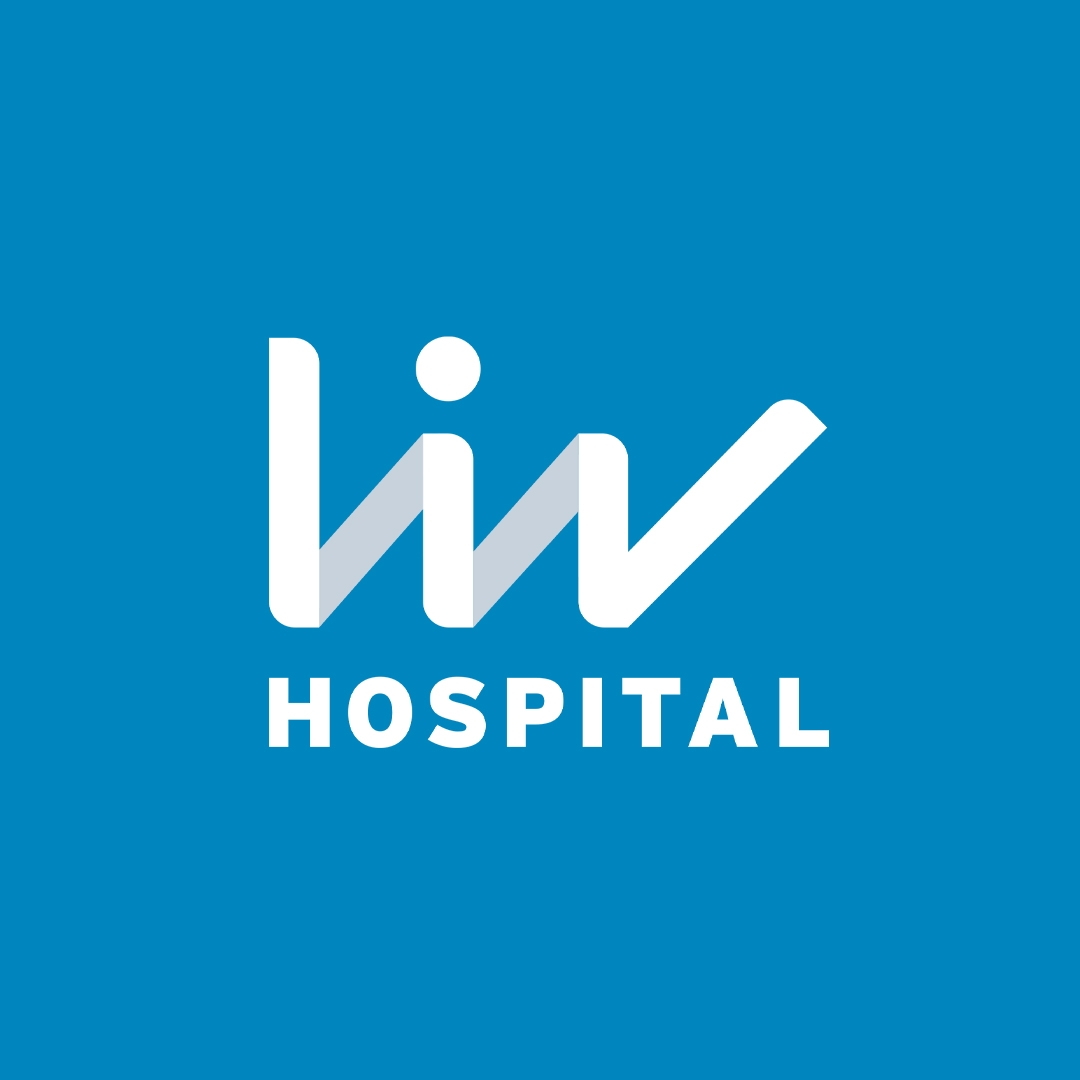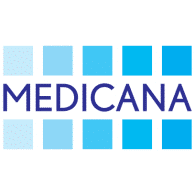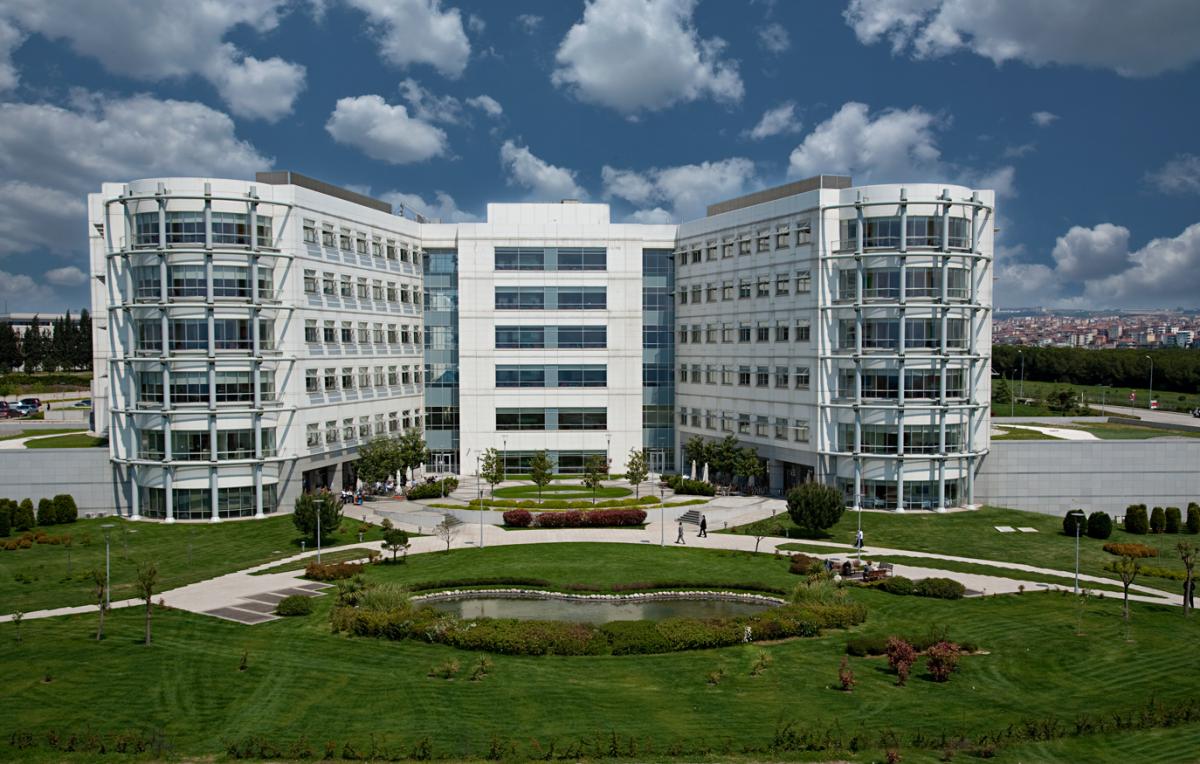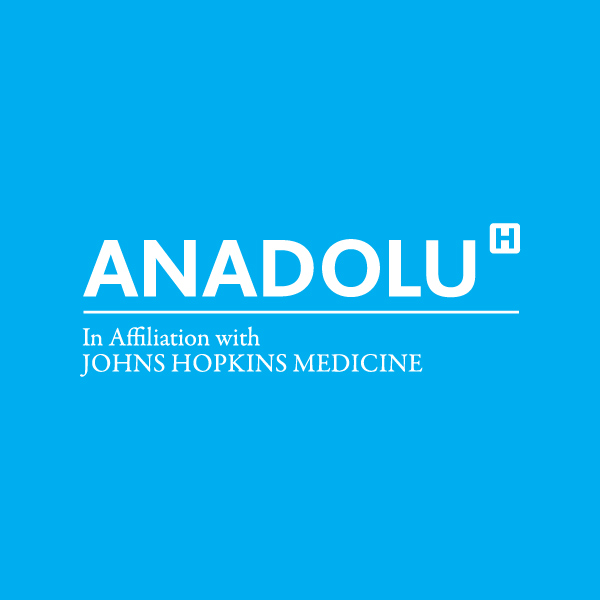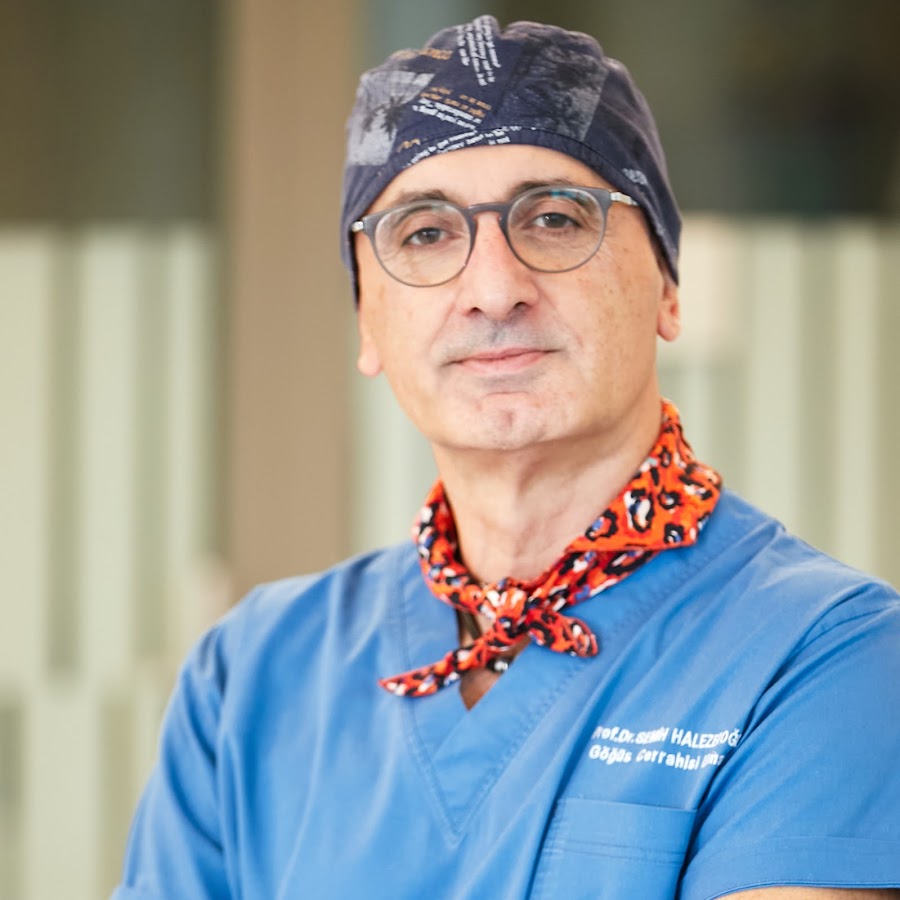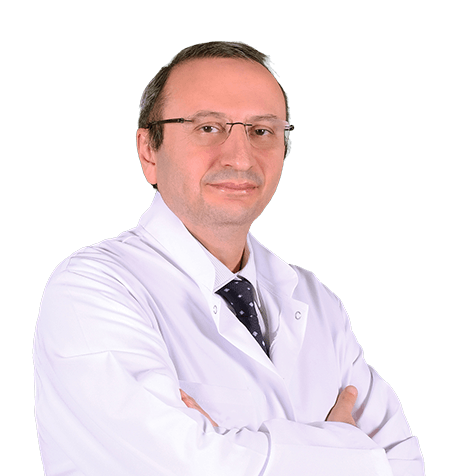- At the clinic's price without markups
- with full doctor support
Tongue cancer is less common than other head and neck cancers but requires a precise approach to diagnosis and treatment. In Turkey, the five-year survival rate for early-stage cases reaches 60–65 %, while it drops significantly at later stages (Kocatepe Medical Journal, 2013). This disease can greatly affect speech, nutrition, and overall quality of life, so therapy must focus not only on effectiveness but also on preserving essential functions. Turkish clinics provide access to modern treatment methods, including organ-preserving surgery, robotic-assisted operations, targeted therapies, and advanced radiotherapy. Leading hospitals follow international protocols and offer a multidisciplinary approach involving oncologists, surgeons, and rehabilitation specialists.
Tongue cancer treatment and survival statistics in Turkey
Overall Survival Rates
A study conducted at the Istanbul Oncology Institute analyzing 80 patients found an overall five-year survival rate of about 42 %. The best outcomes were observed in patients who received combined treatment (surgery followed by postoperative radiotherapy), with survival around 49 %. When only radiotherapy was applied, the survival rate did not exceed 16 % (International Journal of Oral and Maxillofacial Surgery, 2006).
Dependence on Disease Stage
Another Turkish study showed that survival is closely linked to the cancer stage. In early stages (I–II), the five-year survival reached 64 %, while in stages III–IV, it dropped sharply to 17 % (Kocatepe Medical Journal, 2013).
Prognostic Factors
Analysis of additional clinical data indicated that prognosis worsens significantly with lymph node metastases, deep invasion, and increased tumor thickness. These parameters are recognized as key for assessing long-term survival.
Conclusion
Published data confirm that early-detected tongue cancer in Turkey shows relatively high survival rates comparable to global outcomes. Modern surgical and radiotherapy technologies further improve results and enhance the chances of preserving speech and overall quality of life.
The cost of tongue cancer treatment in Turkey
- Diagnostics
- Oncologist consultation – $160–200
- MRI of the head and neck – $500–600
- PET-CT scan – $650–900
- Tumor biopsy – $1500–2800
- Surgical treatment
- Removal of tongue or salivary gland tumor – $12,000–18,000
- Complex organ-preserving or reconstructive surgeries – $15,000–20,000
- Radiation therapy
- Radiotherapy (10–30 fractions) – $6,000–$12,000
- IMRT (Intensity-Modulated Radiotherapy) – $7,000–$11,000
- TrueBeam (25 fractions) – $7,700–$12,500
- Drug treatment
- One chemotherapy course – $1,300–$2,500
- Package (1 chemo course + 1 radiotherapy course + PET-CT) – $8,000–$16,000
- Immunotherapy – $700–$5,200
- Targeted therapy – $1,300–$2,600
- Pembrolizumab (Keytruda) treatment course – around $3,500–$3,700
On average, the cost of comprehensive tongue cancer treatment in Turkey (including diagnostics, surgery, a course of radiotherapy, and several cycles of chemo- or immunotherapy) ranges from $25,000 to $45,000. The final budget depends on the stage of the disease, chosen treatment methods, and the clinic, but even at the higher end of the range, treatment is less expensive than in European countries or Israel.
- Result
On average, the cost of comprehensive tongue cancer treatment in Turkey (including diagnostics, surgery, a course of radiotherapy, and several cycles of chemo- or immunotherapy) ranges from $25,000 to $45,000. The final budget depends on the stage of the disease, chosen treatment methods, and the clinic, but even at the higher end of the range, treatment is less expensive than in European countries or Israel.
Prices for tongue cancer treatment in Turkey depend on the stage of the disease, the complexity of the surgery, and the combination of treatment methods. On average, the cost is significantly lower than in European or Israeli clinics, while using international protocols and state-of-the-art equipment.

At Experts Medical, we have been assisting patients seeking treatment abroad for over 10 years. During this time, we have helped more than 12,000 people connect with top specialists, access trusted clinics, and receive real medical care without unnecessary risks.
Our process is straightforward: we review your medical situation, select the right doctor and clinic for your specific diagnosis, coordinate the treatment plan, and support the patient at every stage.
Why our services are free
Our services come at no cost to you – all payments are made directly to the clinic. As official representatives of leading international medical centers, we ensure there are no additional fees for the patient.
24/7 Support
The Experts Medical coordinator team stays with you around the clock, from the initial inquiry to your return home. We:
- organize online consultations with doctors;
- assist with visas, flights, and transfers;
- book accommodation near the clinic;
- provide a medical interpreter;
- accompany you during diagnostics and procedures.
Our experience allows us to focus on actual results rather than advertising promises. We know which doctors have higher success rates for your specific condition and can explain why one clinic may be a better choice than another.
Personalized Approach
We are always on the patient’s side. Our goal is to act as your advocate and protector if any issues arise during treatment. We carefully review every clinic offer to eliminate unnecessary tests and procedures.
How to choose a clinic and doctor
- Experts Medical Experience
We have been working for over 9 years and during this time have helped organize treatment for more than 12,000 patients. This experience allows us to clearly understand where a patient can genuinely receive help and where there is a risk of wasting time and resources.
- Trusted clinics and doctors
We cooperate only with clinics and doctors who consistently demonstrate high results. Our recommendations are based on years of collaborative experience and real patient histories. We rely not on advertising claims, but on the actual treatment outcomes of specific specialists.
- Individual selection
For each patient, we select a clinic and doctor based on the type of cancer, disease stage, and individual characteristics. For one diagnosis, a strong surgical program may be crucial, while for another, a clinic specializing in innovative targeted or immunotherapy methods might be more appropriate.
- Why is this important?
It is difficult for a patient to objectively assess the quality of a doctor or clinic on their own. We, however, have feedback from thousands of patients and proven practical results, which allows us to recommend the most suitable place for treatment.
How to start treatment
Free Consultation with a Doctor-Coordinator
The first step is to get in touch with our doctor-coordinator.
- The consultation is completely free of charge.
- We communicate with the patient in their native language to ensure clarity and comfort.
Collection of Medical Documents
The patient provides us with discharge summaries, test results, and medical reports.
These documents are essential for doctors at the clinics to objectively assess the situation.Consultation with Oncologists at Clinics
We send the medical documents to the selected clinics and consult directly with the oncologists.
Based on this, the doctors prepare:- a treatment plan,
- an estimated cost.
Receiving the Treatment Plan
The patient receives a clear understanding of:
- which treatment methods are proposed,
- how much it will cost,
- how long the treatment will take.
In this way, to start treatment, it is enough to contact our coordinator. After the first step, the patient already receives a concrete plan and cost, without spending time and money on unnecessary visits.
What time frame to expect from treatment
- Diagnosis: Diagnosis typically takes about five days. During this period, tests, specialist consultations, and imaging (MRI, CT, and other scans) are performed. Following the results, a multidisciplinary consultation is convened, where doctors determine a treatment strategy.
- Chemotherapy: One course lasts approximately one month. After each course, the patient remains under medical supervision. If the patient's condition is stable, they can return home with the prescribed medications and continue the treatment regimen in their home country. Follow-up tests are sent to the doctor to assess progress or are performed during clinic visits approximately every three months.
- Radiation therapy: A course of radiation therapy consists of approximately 30 consecutive daily sessions, with no days off. Treatment lasts an average of one month.
- Genetic testing for targeted therapy: Testing takes about two weeks. Once the results are received, the doctor selects a personalized treatment. To save time, the patient is prescribed chemotherapy during the waiting period.
- Surgical treatment: If surgery alone is required, hospitalization and stay in the clinic typically last 7–10 days. This includes preparation, the surgery itself, and the early recovery period.
Therefore, treatment duration can vary from one week (for surgery) to several months (for combination therapy with chemotherapy, radiation therapy, and genetic testing). The patient receives a clear schedule from the doctor in advance to plan travel and recovery.
Conclusion
Tongue cancer treatment in Turkey today combines modern technologies, the expertise of leading physicians, and a personalized approach for each patient. Patients have access to robotic surgery, precision radiotherapy, and tailored chemo- and targeted therapy plans, which help increase treatment effectiveness while preserving quality of life.
Patients can undergo diagnostics and therapy according to international protocols in clinics that have proven their effectiveness. With the support of Experts Medical, the entire process becomes transparent and predictable – from choosing the doctor and treatment plan to arranging travel and rehabilitation.
Thus, Turkey remains one of the leading destinations for oncology patients seeking a combination of high medical standards, modern technologies, and tangible results.
FAQ
Is organ-preserving treatment possible for tongue cancer, and in which cases?
Yes, Turkey offers organ-preserving surgeries using laser and robotic systems. The feasibility depends on tumor stage, depth of invasion, and location. The decision is made by a multidisciplinary team.
How accessible are new therapies such as immunotherapy and targeted drugs?
Immunotherapy and targeted therapy are standard options in Turkish clinics. Latest-generation drugs, including Keytruda (pembrolizumab), nivolumab, and modern targeted regimens, are used. Treatment is prescribed only after genetic testing of the tumor to ensure effectiveness.
How is radiotherapy quality controlled and complications minimized?
Leading centers use IMRT, RapidArc, Varian Edge, and MR Linac systems. These technologies deliver precise doses to the tumor while protecting healthy tissue. Regular CT/MRI monitoring is conducted throughout the course to adjust the treatment plan as needed.
How does Experts Medical assist in choosing a clinic and doctor?
We rely on real experiences from over 12,000 patients rather than advertising. This allows us to recommend specialists and clinics proven effective in treating head and neck tumors.
Will I have a personal coordinator during treatment?
Yes, every patient receives a personal coordinator from Experts Medical. They assist from the first contact, support during consultations, coordinate with doctors, and remain available 24/7 until the patient returns home.




